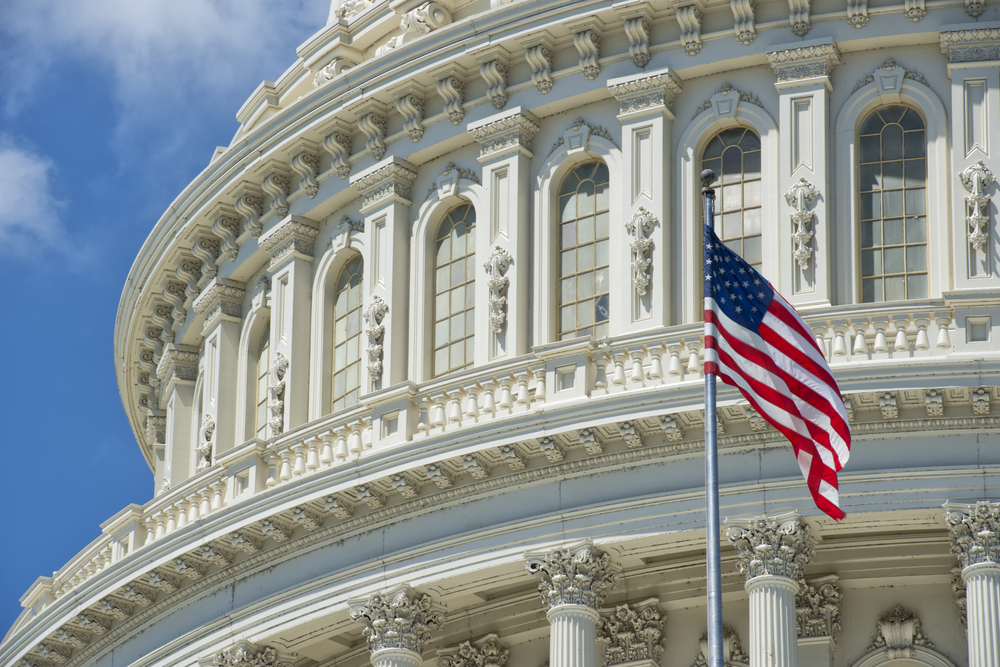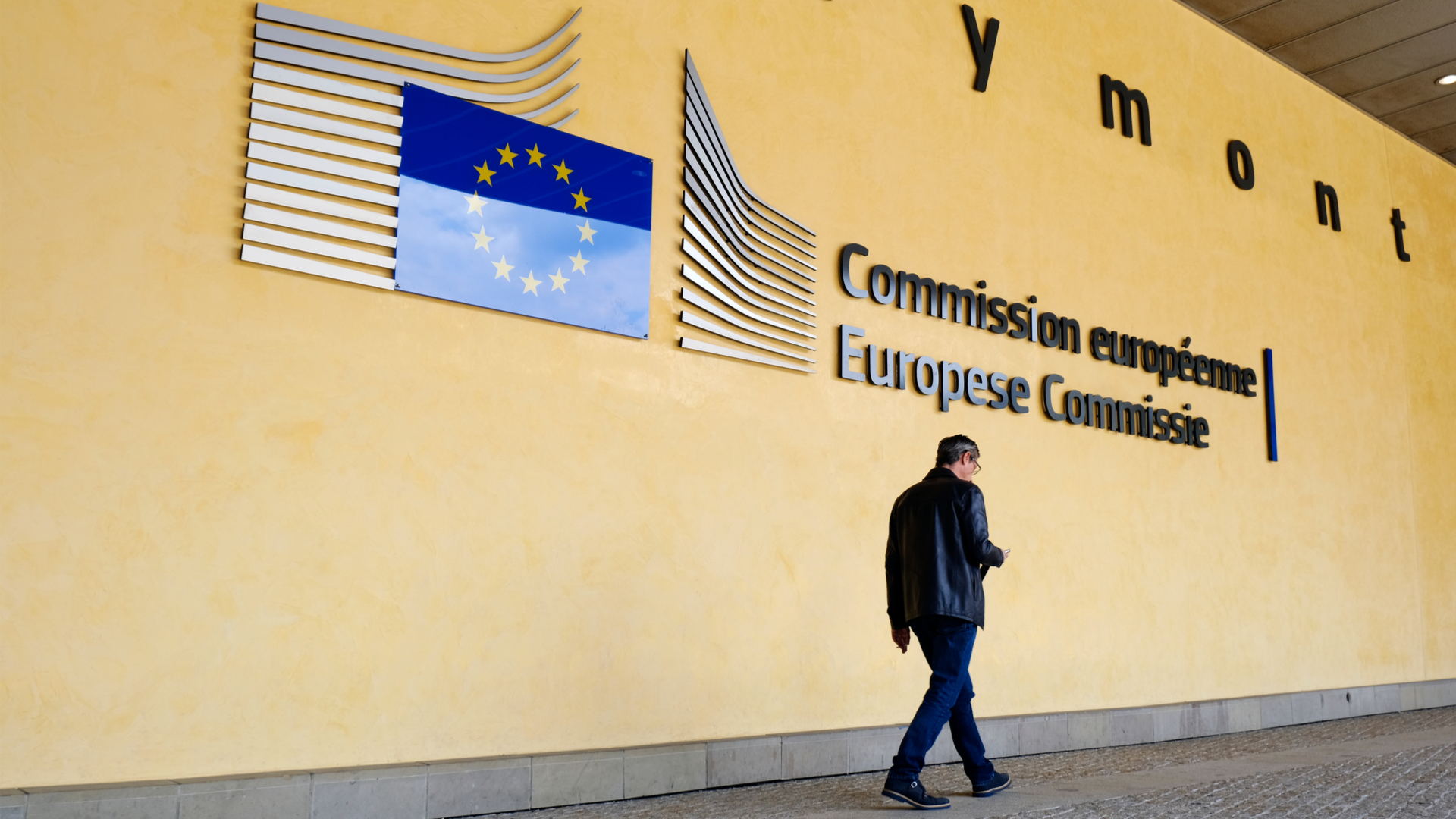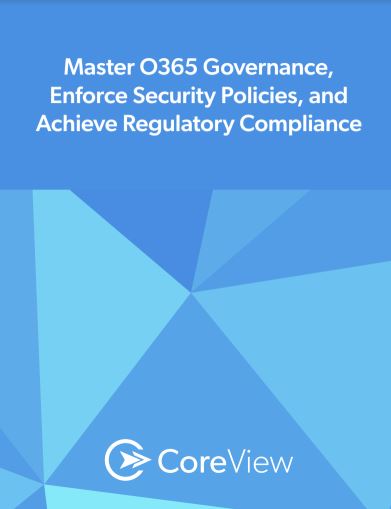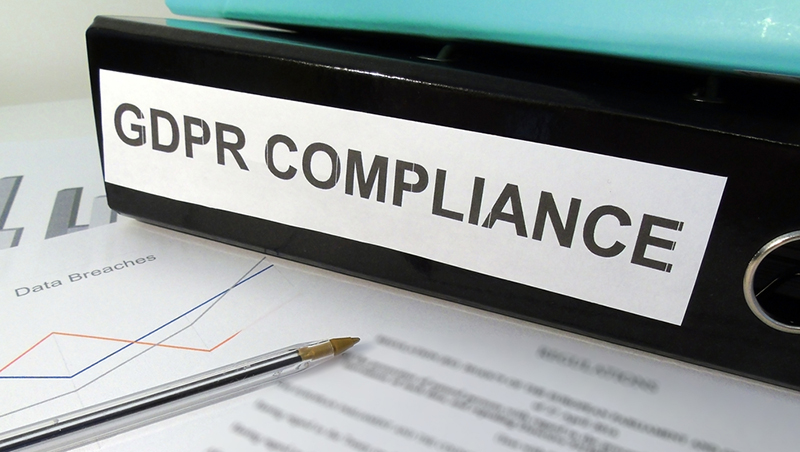Article 13 gains European Council approval
However five European countries opposed the copyright directive


Sign up today and you will receive a free copy of our Future Focus 2025 report - the leading guidance on AI, cybersecurity and other IT challenges as per 700+ senior executives
You are now subscribed
Your newsletter sign-up was successful
The UK has thrown its weight behind a move to make the Article 13 copyright legislation a law.
Alongside the UK, 18 other EU nations gave the directive, which includes the hotly debated Article 11 and Article 13, their approval. However, the Copyright Directive was opposed by Italy, Finland, Sweden, Luxembourg and the Netherlands.
Given the European Council has approved the Copyright Directive, EU member states will now have two years to implement it into their national laws.
Once that happens it could pave the way for the imposition of large fines on businesses that allow users to upload copyrighted content illegally.
For example, if a user uploads a video to YouTube that includes music they don't have the rights to include, YouTube will have to seek out the copyright owner to seek their permission. If they don't do so, they will need to remove the content.
It's a very controversial directive, which many publishers and other sources that rely upon shared content disagree with. It's unlikely that smaller firms will have the resource to find the copyright owner or afford fees and therefore, they will have to remove the content instead.
Although non-profit encyclopedias (such as Wikipedia) are exempt from the Copyright Directive, that didn't stop the tech giant switching its service off in four European markets last month in protest. Google objected as well, warning its users via a pop-up that the law could have "unintended consequences" such as blocking content its users had uploaded.
Sign up today and you will receive a free copy of our Future Focus 2025 report - the leading guidance on AI, cybersecurity and other IT challenges as per 700+ senior executives
However, the music and creative arts industry has welcomed the move, saying it's a huge milestone for creators.
"It was a long road and we would like to thank everyone who contributed to the discussion," Helen Smith, executive chair of the Independent Music Companies Association said. "As a result, we now have a balanced text that sets a precedent for the rest of the world to follow, by putting citizens and creators at the heart of the reform and introducing clear rules for online platforms."
Another aspect of the rules state that search engines and social media providers will need to pay new publishers if they want to include snippets of content on their sites.

Clare is the founder of Blue Cactus Digital, a digital marketing company that helps ethical and sustainability-focused businesses grow their customer base.
Prior to becoming a marketer, Clare was a journalist, working at a range of mobile device-focused outlets including Know Your Mobile before moving into freelance life.
As a freelance writer, she drew on her expertise in mobility to write features and guides for ITPro, as well as regularly writing news stories on a wide range of topics.
-
 Mistral CEO Arthur Mensch thinks 50% of SaaS solutions could be supplanted by AI
Mistral CEO Arthur Mensch thinks 50% of SaaS solutions could be supplanted by AINews Mensch’s comments come amidst rising concerns about the impact of AI on traditional software
-
 Westcon-Comstor and UiPath forge closer ties in EU growth drive
Westcon-Comstor and UiPath forge closer ties in EU growth driveNews The duo have announced a new pan-European distribution deal to drive services-led AI automation growth
-
 AI is “forcing a fundamental shift” in data privacy and governance
AI is “forcing a fundamental shift” in data privacy and governanceNews Organizations are working to define and establish the governance structures they need to manage AI responsibly at scale – and budgets are going up
-
 IBM: Data governance for data-driven organizations
IBM: Data governance for data-driven organizationswhitepaper Master your data management
-
 Google claims US government is too reliant on unsecure Microsoft products
Google claims US government is too reliant on unsecure Microsoft productsNews The tech giant suggested it might be time for the government to rethink its approach to procurement
-
 Over half of London councils lack cyber insurance
Over half of London councils lack cyber insuranceNews One council representative called the cyber insurance market “very challenging”
-
 EU might force tech giants to share data with smaller rivals
EU might force tech giants to share data with smaller rivalsNews The Digital Services Act draft also suggests that firms may be banned from giving their own services preferential treatment
-
 Master O365 governance, enforce security policies, and achieve regulatory compliance
Master O365 governance, enforce security policies, and achieve regulatory complianceWhitepaper Identify — and solve — security compliance pain points
-
 German housing giant fined £12.5m for GDPR violations
German housing giant fined £12.5m for GDPR violationsNews The firm’s archive system held onto highly sensitive data from bank statements to health insurance records
-
 Heathrow Airport and NHS Digital join ICO sandbox projects
Heathrow Airport and NHS Digital join ICO sandbox projectsNews The UK regulator will oversee the development of data-reliant services to ensure GDPR compliance